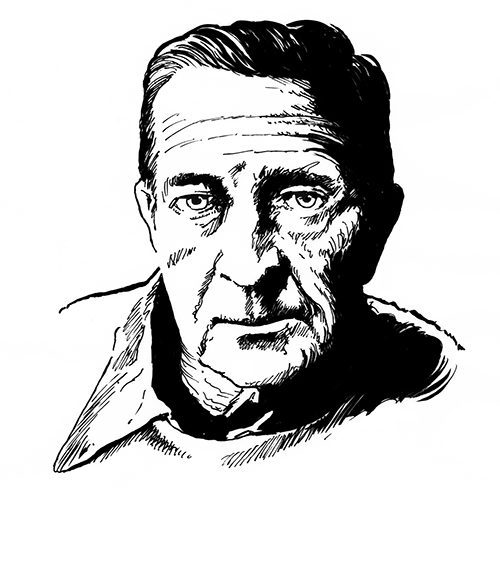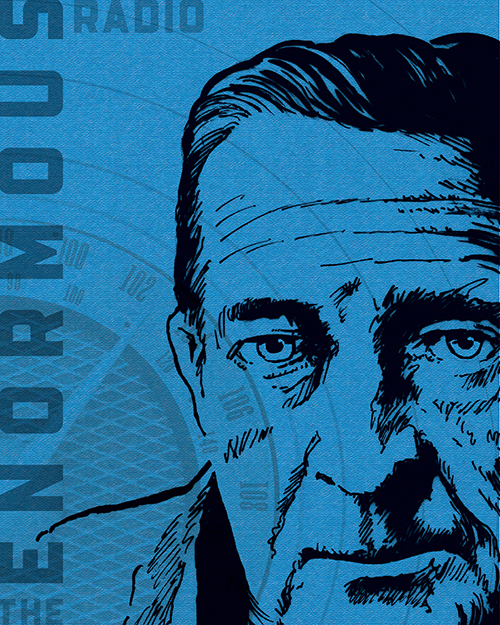

JOHN CHEEVER
(1912-1982)
The middle-class suburban American was often his subject. Cheever has been called “the Chekhov of the suburbs” for his ability to capture the drama and sadness of the lives of his characters. His name was closely associated with The New Yorker, which published many of his stories, but his works also appeared in The New Republic and The Atlantic. A master of the short story, Cheever worked from “the interrupted event,” which he considered the prime source of a compelling short story.
Best-known for the two stories The Enormous Radio (1947) and The Swimmer (1964, followed by a film adaption in 1968). In The Enormous Radio a young couple discovers that their new radio strangely receives the conversations of other people in their apartment building but that this fascinating look into other people’s problems not only does not solve their own issues, but makes them worse.
“I don’t work with plots. I work with intuition, apprehension, dreams, concepts. Characters and events come simultaneously to me. Plot implies narrative and a lot of crap. It is a calculated attempt to hold the reader’s interest at the sacrifice of moral conviction.”
